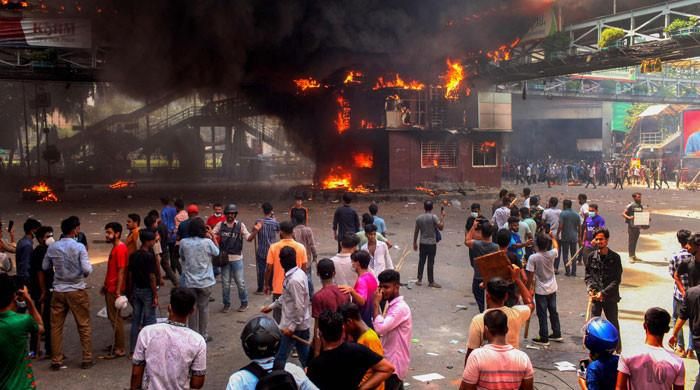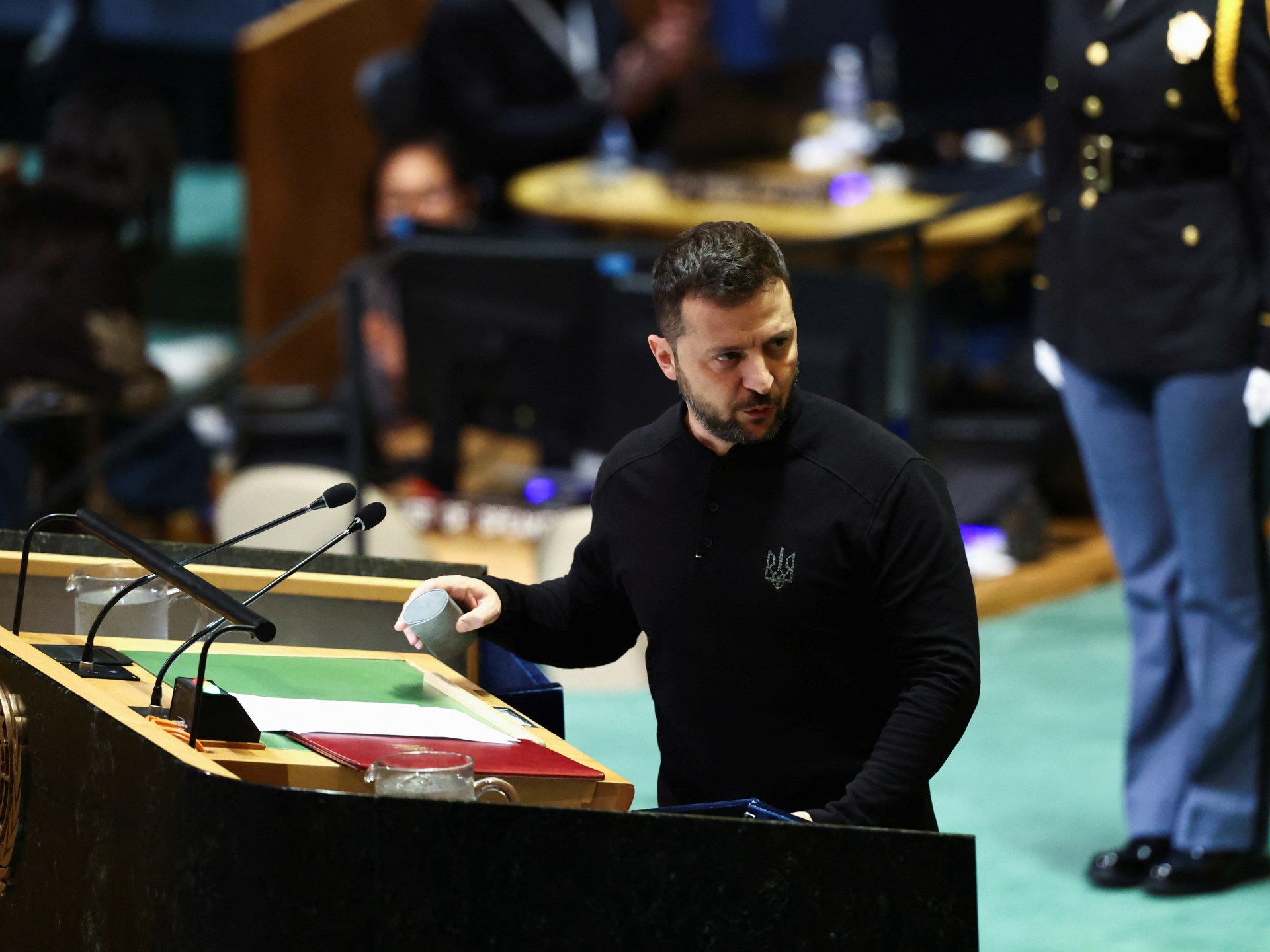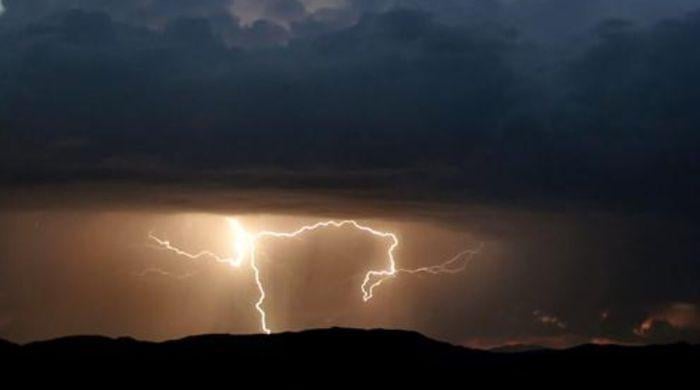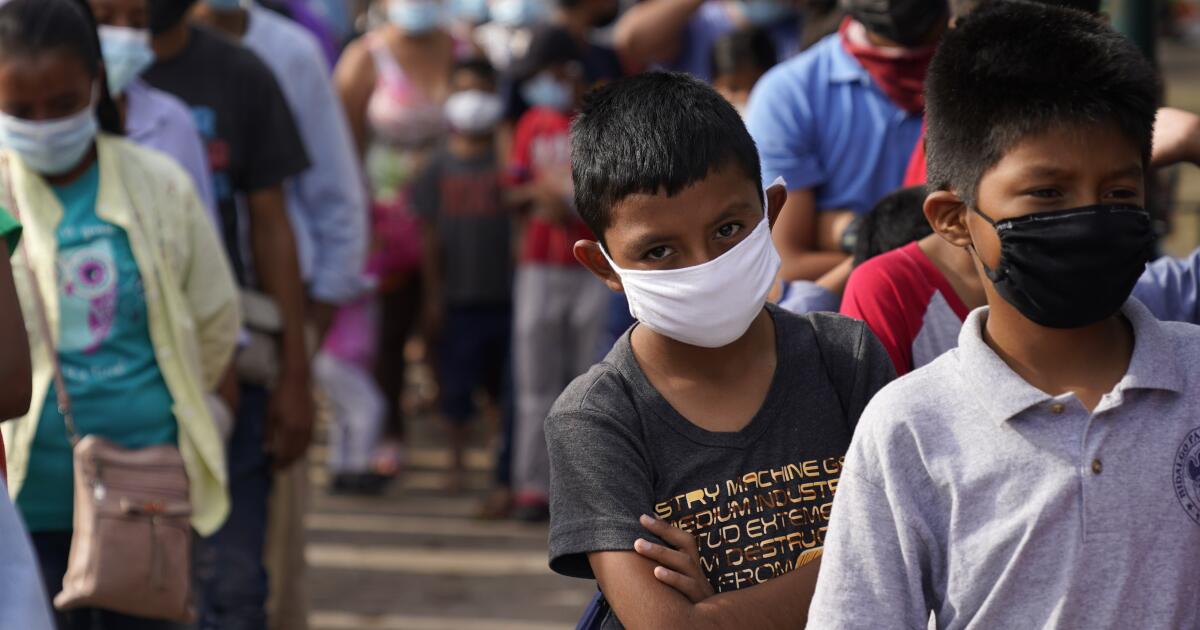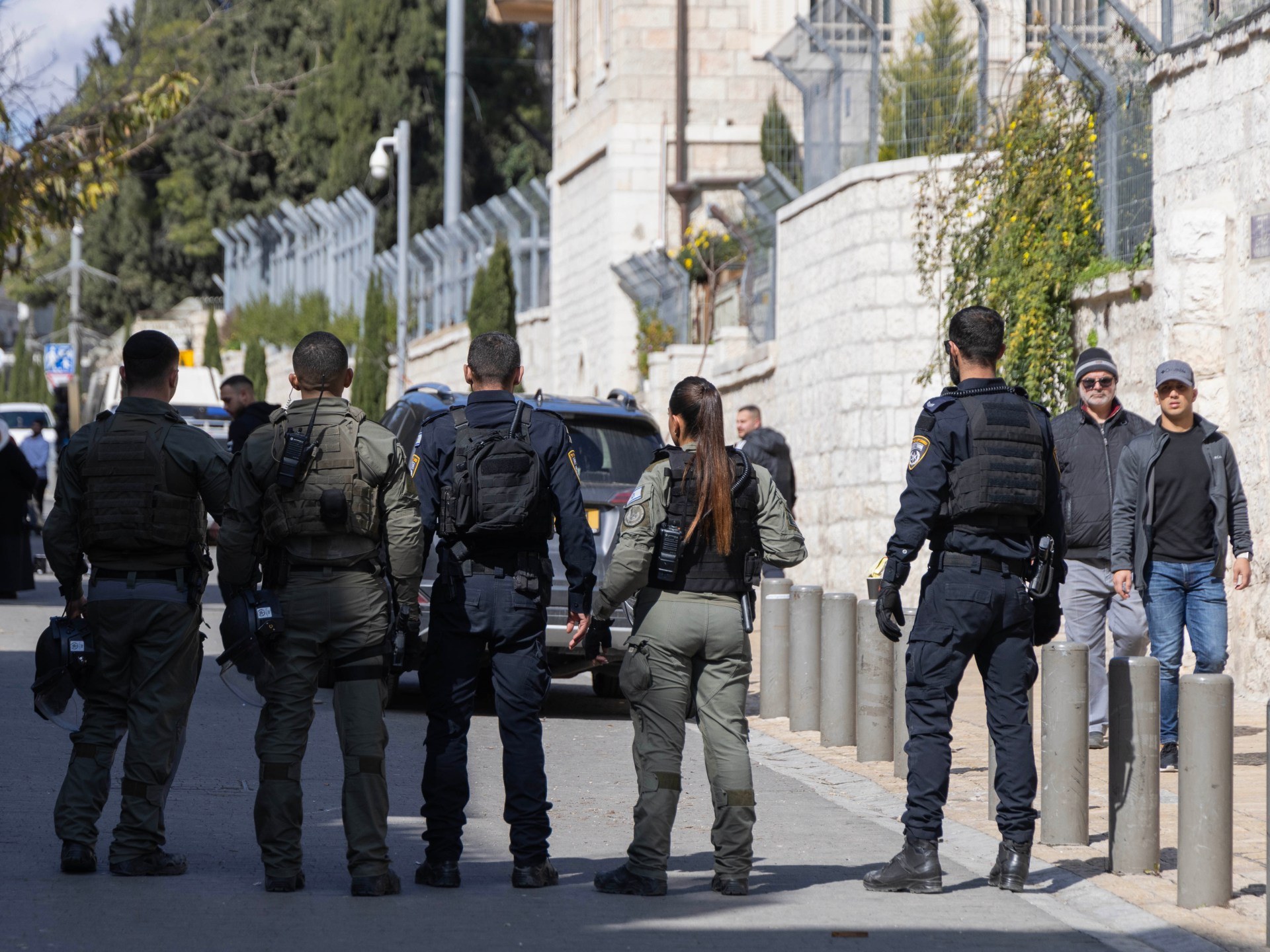DHAKA: Bangladesh on Friday announced a curfew and the deployment of military forces as police failed to quell days of deadly unrest that have spread across the country.
This week's clashes between student protesters and police have killed at least 105 people, according to a AFP The death toll reported by hospitals is 1,000 and represents a momentous challenge to Prime Minister Sheikh Hasina's autocratic government after 15 years in office.
“The government has decided to impose a curfew and deploy the army to help the civilian authorities,” said Hasina's press secretary, Nayeemul Islam Khan. AFP.
He added that the curfew would take effect immediately.
Police in the capital Dhaka earlier took the drastic step of banning all public gatherings during the day – the first since protests began – in an effort to prevent further violence.
“We have banned all demonstrations, processions and public gatherings in Dhaka today,” police chief Habibur Rahman said. AFPand added that the measure was necessary to guarantee “public safety.”
That did not, however, prevent another round of clashes between police and protesters in the sprawling megacity of 20 million people, despite an internet blackout aimed at thwarting the organization of demonstrations.
“Our protest will continue,” said Sarwar Tushar, who joined a march in the capital and suffered minor injuries when police violently dispersed it. AFP.
“We want the immediate resignation of Sheikh Hasina. The government is responsible for the killings.”
Student protesters stormed a jail in Bangladesh's central Narsingdi district and freed its inmates before setting the facility on fire, a police official said. AFP on condition of anonymity.
“I don't know the number of inmates, but there are hundreds,” he added.
'Scandalous and unacceptable'
At least 52 people died in the capital on Friday, according to a list compiled by Dhaka Medical College Hospital and seen by AFP.
Police gunfire was the cause of more than half of the deaths reported so far this week, according to descriptions given to AFP by hospital staff.
UN human rights chief Volker Türk said the attacks on student protesters were “shocking and unacceptable”.
“There must be impartial, prompt and thorough investigations into these attacks, and those responsible must be held accountable,” he said in a statement.
The capital's police force said earlier that protesters had set fire to, vandalized and carried out “destructive activities” at numerous police and government offices on Thursday.
Among them was the Dhaka headquarters of state broadcaster Bangladesh Television, which remains offline after hundreds of angry students stormed the premises and set a building on fire.
Dhaka Metropolitan Police spokesman Faruk Hossain said AFP that officers had arrested Ruhul Kabir Rizvi Ahmed, a senior leader of the main opposition party, the Bangladesh Nationalist Party (BNP).
'Symbol of a manipulated system'
Near-daily marches this month have demanded an end to a quota system that reserves more than half of civil service jobs for specific groups, including children of veterans of the country's 1971 liberation war against Pakistan.
Critics say the plan benefits children of pro-government groups that back Hasina, 76, who has ruled the country since 2009 and won her fourth consecutive election in January after a vote without genuine opposition.
Human rights groups accuse Hasina's government of misusing state institutions to consolidate its grip on power and crack down on dissent, including by extrajudicially killing opposition activists.
His administration this week ordered schools and universities to close indefinitely as police stepped up efforts to control the deteriorating law and order situation.
“This is an eruption of latent discontent among a young population that has been building up over the years,” said Ali Riaz, a politics professor at Illinois State University. AFP.
“Labor quotas became the symbol of a system manipulated and used against them by the regime.”
Nationwide Internet Blackout
Students say they are determined to press ahead with the protests despite Hasina giving a national address earlier this week on the now-defunct state broadcaster seeking to calm the unrest.
Nearly half of Bangladesh's 64 districts reported clashes on Thursday, broadcaster Independent Television reported.
London-based watchdog NetBlocks said on Friday that a “nationwide” internet shutdown remained in place a day after it was imposed.
“Metrics show connectivity stuck at 10% of ordinary levels, raising concerns about public safety as little news flows in or out of the country,” he wrote on social media platform X.

